In his inaugural speech, President Bola Tinubu announced that his administration would remove the subsidy on petrol. This led to Nigerians paying more for fuel amid battle with inflation.
As soon as the decision was made, fuel queues popped up across the country as most filling stations quickly saw an opportunity to profit off the situation.
A day after, the Nigerian National Petroleum Corporation Limited (NNPCL) announced an upward review of fuel prices across its filling stations across the country.
Transport fares increase drastically immediately.
This has sparked outrage and criticism from many Nigerians already struggling with unemployment, and poverty.
However, the government has defended its move, saying billions of naira that can be used for other developmental projects would be saved.
In this report, Daily Trust highlights five ways to cope with fuel subsidy removal.
PUBLIC TRANSPORTATION OR CARPOOLING
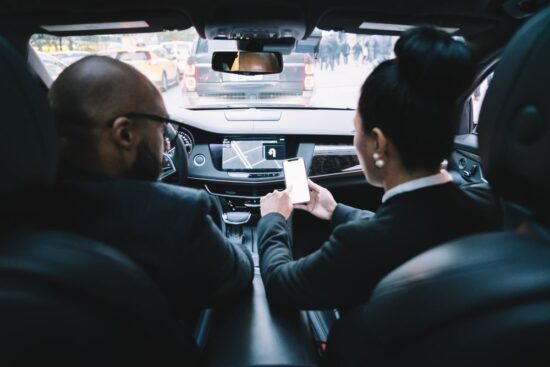
Make use of public transportation options like buses or trains, which are generally more cost-effective than driving private vehicles. Also, utilize carpooling with colleagues, neighbours, or friends who travel similar routes. This helps share fuel costs and reduces traffic congestion.
SPENDING HABITS
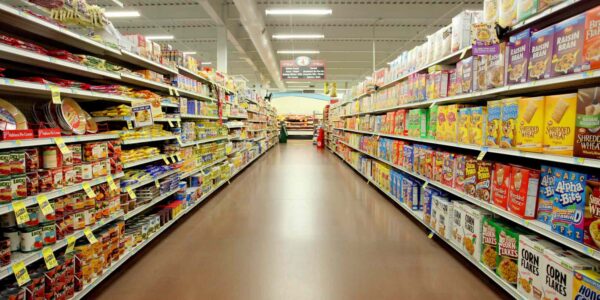
Review your income and expenses, identifying areas where you can cut down or save money. Prioritize essential expenses and reduce discretionary spending.
AVOID UNNECESSARY JOURNEYS
Optimize your travel routes to minimize distance and time spent on the road. Consider remote work or flexible work arrangements, if possible, to reduce the frequency of commuting.
WALKING
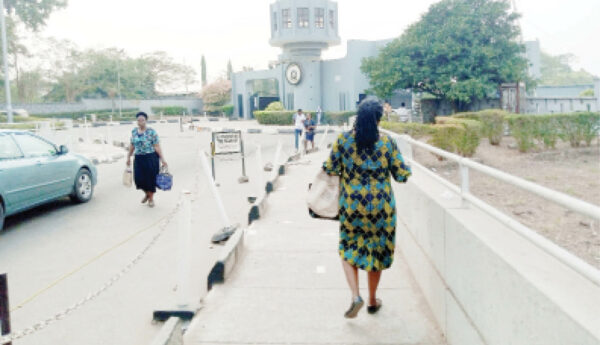
Consider walking as an alternative for short distances. It not only saves fuel but also offers health benefits. Plan your errands in a way that allows you to walk to nearby stores, markets, or other destinations. Join or form walking groups in your community to encourage walking as a social and healthy activity
PLAN YOUR TRIPS
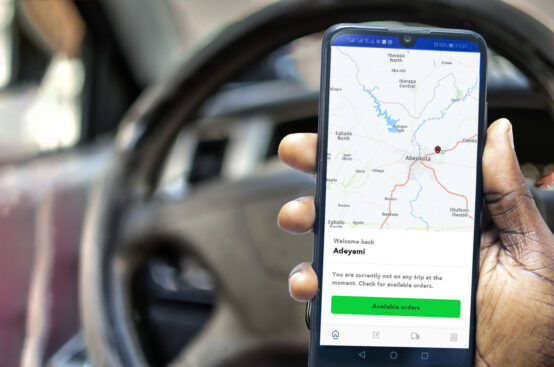
Make a list of places you need to visit and tasks you need to complete. Combining errands into a single trip minimizes fuel usage. Utilize online shopping and delivery services for groceries, food, and other items to reduce the need for physical trips.
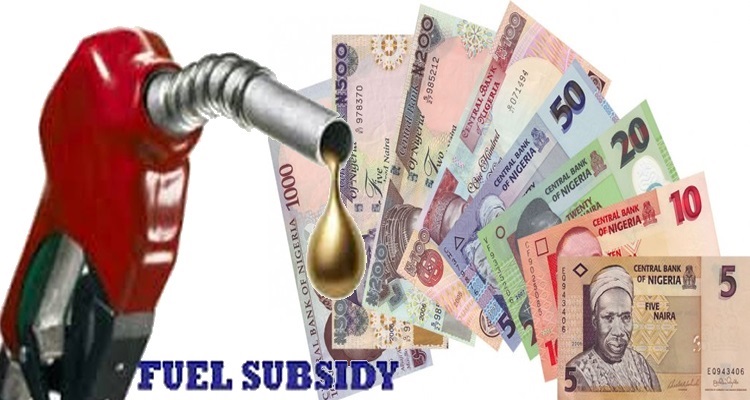
 Join Daily Trust WhatsApp Community For Quick Access To News and Happenings Around You.
Join Daily Trust WhatsApp Community For Quick Access To News and Happenings Around You.


